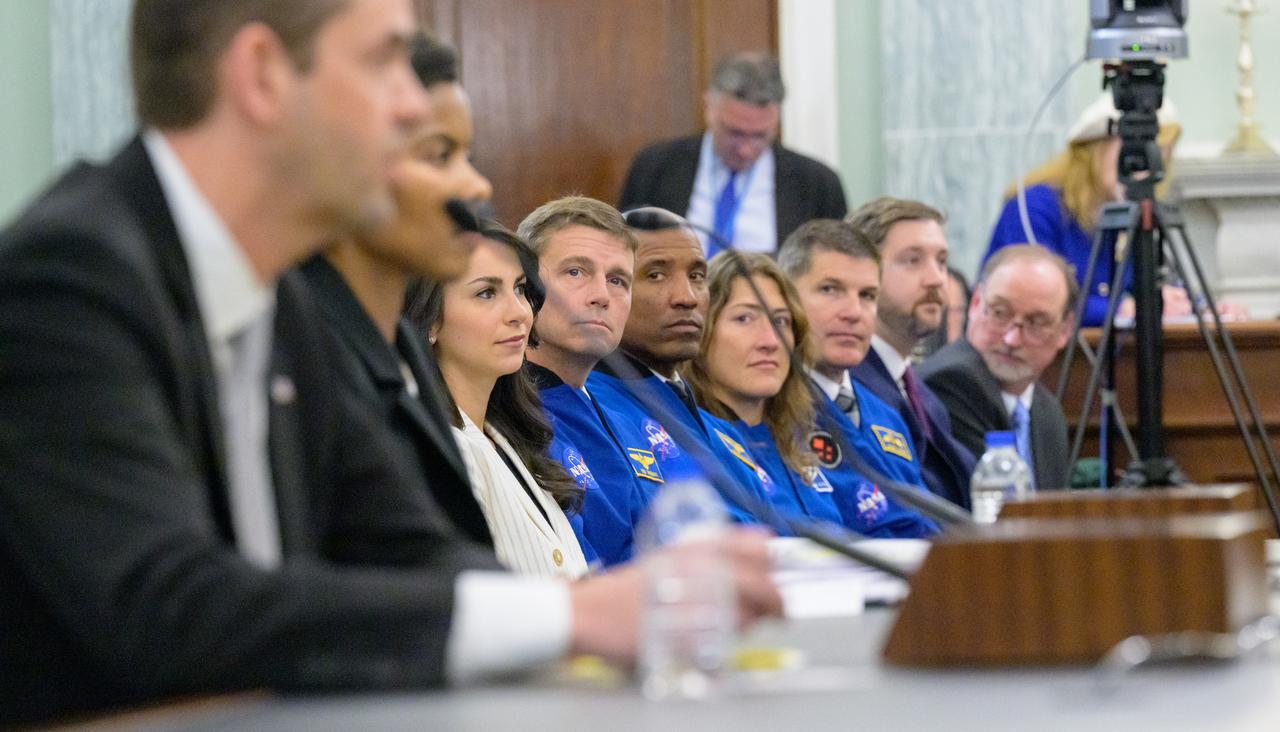Sign up for our Flagship Daily Newsletter
Reading through Payload’s top 2025 headlines on NASA, it’s easy to get whiplash. Between…

Sign up for our Flagship Daily Newsletter
Reading through Payload’s top 2025 headlines on NASA, it’s easy to get whiplash. Between…